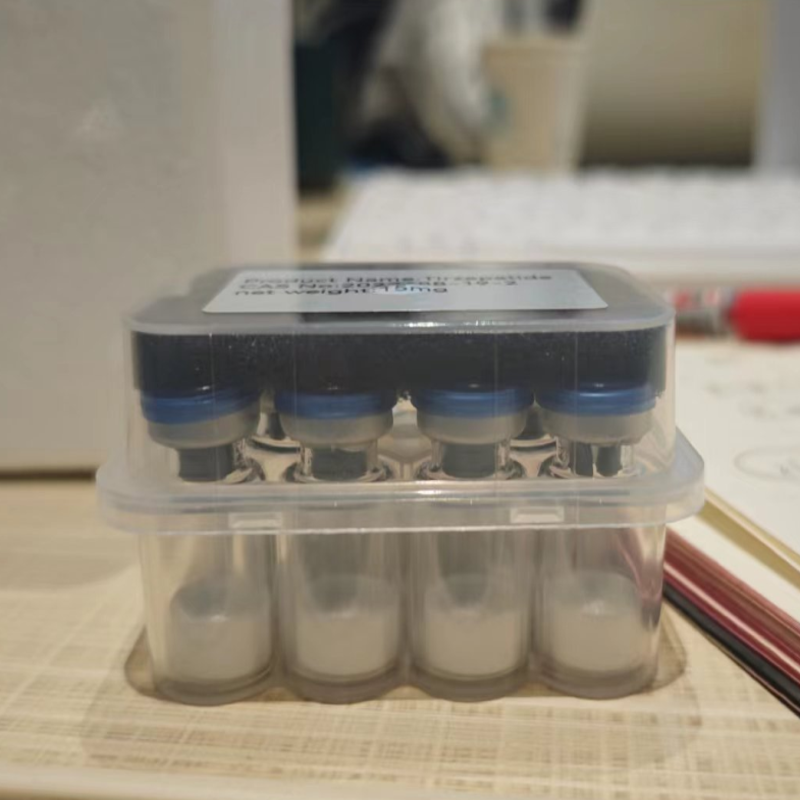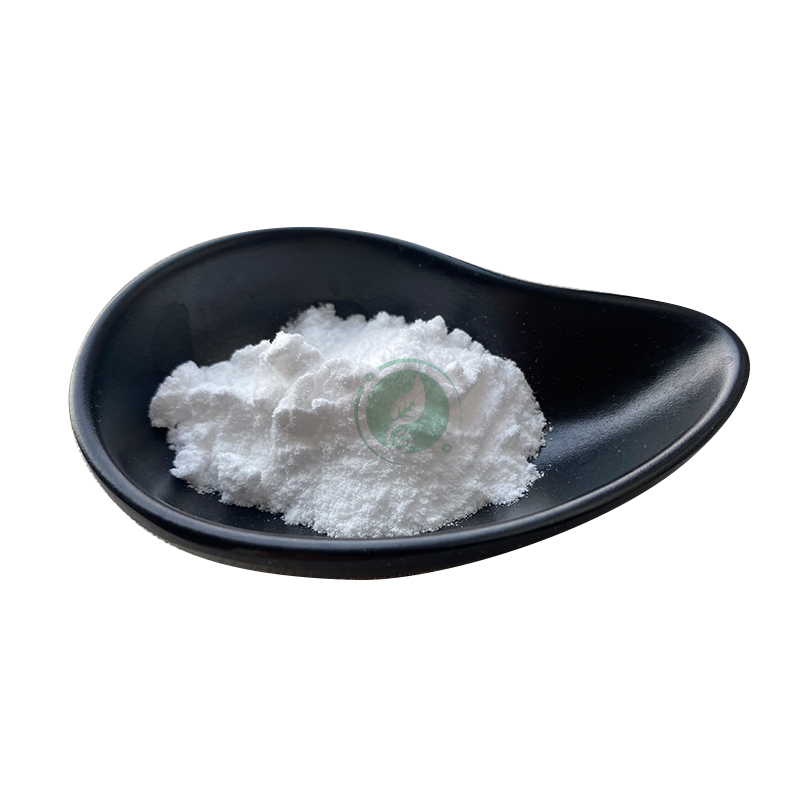[drug news] China's first second-generation lung cancer targeting drug approved competition leads to price reduction of drug companies
-
Last Update: 2017-03-23
-
Source: Internet
-
Author: User
Search more information of high quality chemicals, good prices and reliable suppliers, visit
www.echemi.com
Lung cancer is one of the most common malignant tumors in China Incidence rate of lung cancer accounted for 1 million 800 thousand cases in 2012, accounting for 13% of all cancer incidence rate By 2016, the number had soared to 27% In China, in 2015, the number of new lung cancer cases was more than 730000, and the number of deaths was more than 610000, which was the first cause of cancer death Many patients have been deterred by the high price of lung cancer targeting drugs Some patients can only take the risk to buy "smuggled goods" or even make their own prescriptions As the market competition intensifies, this phenomenon is gradually improving Recently, Boehringer Ingelheim announced that afatinib, a tumor targeting drug, has obtained the import drug registration certificate issued by CFDA This is the first time that China has approved the second generation of lung cancer targeting drugs, and it is also the first time that new lung cancer drugs listed in the United States have been approved in China in the past five years Wu Yilong, President of China Society of clinical oncology and director of Guangdong Lung Cancer Research Institute, told reporters: "because chemotherapy can not only affect cancer cells but also normal cells, it will inevitably bring greater side effects Compared with chemotherapy, targeted drugs have better efficacy and safety But it's expensive, and it's more important to improve the early detection rate of lung cancer " Nowadays, the competition in the field of lung cancer targeted drugs in China appears the situation of price reduction for market, and pharmaceutical giants such as AstraZeneca and Roche have cut the price of drugs successively Last month, Qilu pharmaceutical launched the domestic lung cancer targeting drug gefitinib, which further intensified market competition For the first time, afatinib has been approved for two indications in China: the first-line treatment for lung cancer patients with EGFR mutation and the second-line treatment for lung cancer patients with squamous cell carcinoma Previously, afatini has been approved for listing in more than 70 countries and regions around the world, including Taiwan, Hong Kong and Macao Stephen Doyle, head of China specialty products business unit, said: "we have launched more than 10 products in China, such as respiratory, stroke, diabetes and other fields The listing of afatinib in China marks the official entry of bringer Ingelheim into the anti-tumor field in China " Lung cancer is one of the most common malignant tumors in China Incidence rate of lung cancer accounted for 1 million 800 thousand cases in 2012, accounting for 13% of all cancer incidence rate By 2016, the number had soared to 27% In China, in 2015, the number of new lung cancer cases was more than 730000, and the number of deaths was more than 610000, which was the first cause of cancer death Wu told reporters that one of the risk factors for lung cancer is smoking, which is a concomitant relationship In addition, air pollution has also become a major cause Three years ago, the World Health Organization officially listed PM2.5 as a carcinogenic risk factor of lung cancer, with the risk level equivalent to smoking "Today's treatment of lung cancer depends on two points We need to test the molecular pathology to see what gene abnormality is According to the gene abnormality, we can choose the targeted treatment to make the patients with advanced non-small cell lung cancer live longer We can also gradually make advanced non-small cell lung cancer become a chronic disease." Wu Yilong said Before the advent of targeted drugs for lung cancer, comprehensive treatment including surgery was often used for patients with early lung cancer, while chemotherapy was mainly used for patients with advanced non-small cell lung cancer However, chemotherapy, because of its effect on both cancer cells and normal cells, inevitably brings greater side effects, and also increases the pain of patients With the increasing understanding of genetics, it has been found that cancer is related to some gene mutations ErbB family, including EGFR and three other receptors, is out of control, which is related to the occurrence and deterioration of several common cancers, including lung cancer Therefore, EGFR-TKI has become a hot spot in the treatment of advanced non-small cell lung cancer The first drug approved for marketing is a generation of TKI represented by gefitinib and erlotinib However, the first generation of TKI drugs only inhibit the effect of EGFR, and the combination with EGFR is reversible, and the disease will worsen after about 10 months "Afatinib is the second generation TKI, and the difference from the first generation is irreversible." Wu told reporters, "the listing of afatinib is equal to giving doctors more choices in clinical treatment The side effect of gefitinib is lower than that of the second generation, and it may be better for patients who pay attention to aesthetics But the effect of the second generation is relatively stable For young people, we choose the second generation " For many years, the Chinese market competition for lung cancer targeting drugs has been waged Last year, Shanghai Roche Pharmaceutical Co., Ltd announced a 30% price cut for its erlotinib product Before the price cut, erlotinib sold for 4600 yuan / box (7 tablets), and patients needed to use more than 4 boxes per month This means that patients using the drug spend more than 18400 yuan per month After 30% reduction, the monthly cost still needs 12880 yuan As early as Troika's price cut, another important drug, gefitinib, was produced by AstraZeneca Pharmaceutical Co., Ltd in the UK The price cut was about 55%, from 5000 yuan per box to 2358 yuan Last month, Qilu pharmaceutical announced that its domestic lung cancer targeting drug, gefitinib, was officially launched Under the premise of consistent quality with the original research drug, its price was about 1 / 3 lower than the original research drug after price reduction Cao Jian, a researcher at the Hospital Management Research Institute of Tsinghua University, pointed out: "the previous pricing was too high, and now the price reduction is a rational return The real effect that this brings to the enterprise is a large amount of sales In the future, the price will continue to fall, but for a long time " Another sign of hope for patients is that lung cancer targeting drugs are gradually entering China's medical insurance In the recently released 2017 version of the national health insurance catalog, exetinib (69.850, 0.00, 0.00%) and gefitinib (AstraZeneca) of Beida Pharmaceutical Co., Ltd were included in the drug catalog for the first time Before that, many provinces and cities also started to include lung cancer targeting drugs into local medical insurance For example, last year, Hunan Province included gefitinib of AstraZeneca into the scope of mutual medical assistance for serious diseases of urban employees and the payment of insurance for serious diseases of urban and rural residents Stephen Doyle told reporters: "there are many changes in this market at present We have been approved, and then there are customs and sample tests Afatinib should be available on the Chinese market no later than July We will also try to see if afatini can be listed in the provincial health insurance catalog " Although more and more lung cancer targeted drugs have entered the Chinese market, and the price of drugs has gradually returned rationally, the treatment of lung cancer is still challenging Lu Shun, director of lung cancer clinical medical center of Chest Hospital Affiliated to Shanghai Jiaotong University, pointed out that at present, there are two biggest challenges in lung cancer treatment: first, there are too few early patients Of all lung cancer diagnoses, 50% are advanced lung cancer patients Second, China's drug market is still too slow Wu Yilong said: "it's really very difficult to market a drug in China Afatinib started clinical trials earlier in China, but it's only approved now because of the slow drug approval." In fact, through low-dose spiral CT, once a year to check the tumor can be found out a centimeter smaller But few people in China will take the initiative to go to the hospital for examination, so the early detection rate is very low " The problem of drug resistance also needs to be solved Cheng Ying, President of Jilin Cancer Hospital, said: "from the first generation to the second generation, many good drugs may appear some drug resistance or some secondary or primary drug resistance in a period of time We are also thinking about strategies, including the combination therapy we are doing now, the combination of TKI and chemotherapy, and the second or third generation of drugs used in the first line to overcome primary drug resistance "
This article is an English version of an article which is originally in the Chinese language on echemi.com and is provided for information purposes only.
This website makes no representation or warranty of any kind, either expressed or implied, as to the accuracy, completeness ownership or reliability of
the article or any translations thereof. If you have any concerns or complaints relating to the article, please send an email, providing a detailed
description of the concern or complaint, to
service@echemi.com. A staff member will contact you within 5 working days. Once verified, infringing content
will be removed immediately.







